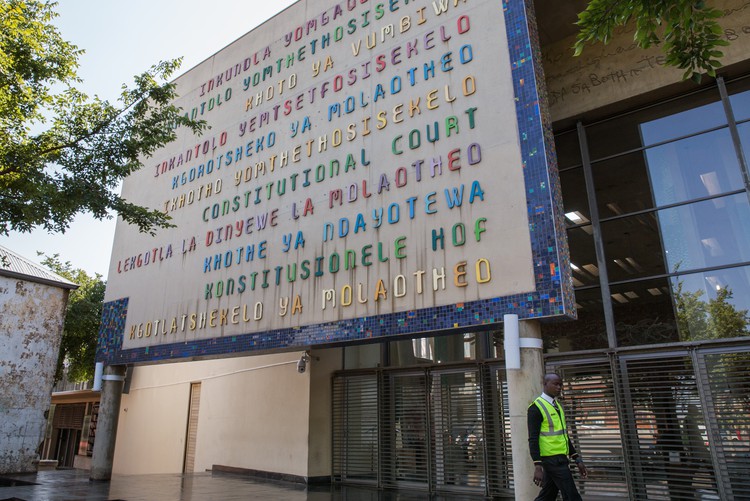Late judgments are undermining confidence in judges. Here’s how to fix this
The Chief Justice must act with urgency
The Constitutional Court needs to set a better example when it comes to speed of justice. Archive photo: Ashraf Hendricks
Yesterday we published an article about Judge Colleen Collis failing to hand down a ruling in an urgent matter more than a year after she reserved judgment. Such dereliction of duty is far from unusual. The country’s highest court sets a poor example. The Constitutional Court, despite a relatively light caseload and huge research assistance, has ten judgments outstanding for more than six months.
Worse, we don’t even know how many late judgments there are in the courts across the country, because the Office of the Chief Justice has not published a list of reserved cases beyond December 2021. A judgment is considered late three months after it has been reserved.
Public confidence in the judiciary is vital for a functioning, democratic state. During the Zuma era, the judiciary was widely and justifiably praised for staying independent and preventing the worst excesses of state capture. An honest and competent judiciary is crucial, especially as other parts of the state break down and officials need to be held accountable.
The problem of late judgments has become so acute that there is now a very serious risk of lost public confidence in the judiciary.
Some judges have high caseloads. Some are inexperienced and lack confidence. All have to deal with loadshedding, which plays havoc with the courts. Many have to deal with lawyers who abuse court processes with impunity – delaying matters, causing backlogs and increasing caseloads.
But none of this is an excuse for tardiness. Judges are well paid and receive lifelong pensions, as well as other perks. They must do their jobs.
It is not difficult to fix the problem. The Office of the Chief Justice needs to fix the process of recording reserved judgments and to publish the list of reserved judgments every quarter, at least.
Judges should be compelled to record their reserved judgments on the court’s IT system. The policy that judgments must be handed down within three months of being reserved needs to be enforced. Judges who are late should be brought before the Judicial Conduct Committee and even recommended for impeachment if necessary.
The responsibility for this primarily falls on Chief Justice Raymond Zondo. He needs to get this problem sorted out urgently, starting in his own backyard with the Constitutional Court.
Support independent journalism
Donate using Payfast

Next: Limpopo learners keep tabs on river water quality
Previous: Families face eviction from the land they’ve farmed for generations
© 2023 GroundUp. This article is licensed under a Creative Commons Attribution-NoDerivatives 4.0 International License.
You may republish this article, so long as you credit the authors and GroundUp, and do not change the text. Please include a link back to the original article.
We put an invisible pixel in the article so that we can count traffic to republishers. All analytics tools are solely on our servers. We do not give our logs to any third party. Logs are deleted after two weeks. We do not use any IP address identifying information except to count regional traffic. We are solely interested in counting hits, not tracking users. If you republish, please do not delete the invisible pixel.

